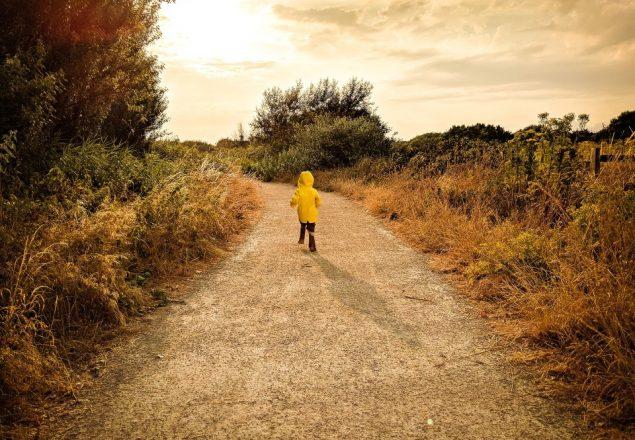
NO ! Future generations are not the « young people » of today, and to assume that including young people in governance or in shadow executive committees would be enough to take future generations into account is a fallacious illusion. No one « represents » youth, and even less the young people of tomorrow, just as no one is representative of « non-young people ». The challenge is not to include young people in governance, but to deal with the accountability we have to future generations, including, above all, those who have not yet been born and who will have to manage the second half of this century and beyond.
Why has the question not been asked, or so little, before?
Apart from the myth of the peasant who planted an oak tree so that its shade would benefit his descendants, or that of the nobleman who considered himself only as the depositary of his property, particularly land, respect for future generations is not part of our culture.
The reasons are simple: the resources of the planet seemed inexhaustible; the cultural transition of the 20th century took children successively from mouths to feed (and arms to work) to subjects to be helped to catch the social ladder, and only then, thanks to Greta Thunberg and others, to accusers of our responsibility for tomorrow’s world; above all, the impact of man on the environment of tomorrow has become considerable and long-term, whether in terms of global warming, the depletion of resources, pollution and biodiversity issues or the lasting impacts of genetic technologies on species, including the human one.
It is now essential to involve future generations.
It is essential, ethically, environmentally, and economically to take future generations into account in all governance, be it States, political parties, companies, local authorities, NGOs, trade unions, etc.
The questions that arise are fundamental: how to integrate the future value of resources with today’s imperatives? This is the famous debate between “end of the world” and “end of the month” that the yellow jackets in France epitomized. How to get out of the economic paradigm, according to which individuals and organizations think only of maximizing their present happiness, to accept that other values are at work? How can we get leaders to accept that the world is certainly no longer about maximizing profit, but that it is not only about reducing CO2 emissions either?
We can imagine some lines of thought and a range of initiatives, more or less concrete, is essential, and possible, at all levels. For instance
Have a board member responsible for defending future generations?
Have a ministry for future generations?
Ask each parliamentarian for his charter for future generations and hold him accountable even after his term.
Accept, in the courts, complaints filed on behalf of future generations (there are already cases, and we can expect their multiplication).
Include in the map of business risk the actions taken today that could potentially endanger the physical or mental health of the humans of tomorrow.
Organize courts for future generations, as does the French magazine Usbek and Rica, in order to raise awareness of these issues.
The company’s strategy and its governance are closely linked; the rise of activist shareholders concerned about the company’s long-term survival will, in practice, lead companies to increasingly take future generations into account.
We must also expect a set of legislative measures, in the decade to come, and an increase in « inclusive » thinking about future generations, as for example, the latest report from France Strategy on ecological planning.




Not exactly a comment; just want to confirm that Dominique Turcq is the same person with whom I went to school at Osaka Gaidai in the 70s.